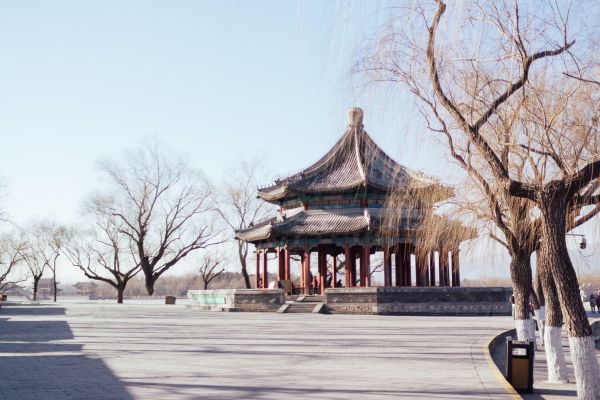
In December 2022, the Supreme People’s Court of Vietnam rendered a decision that revoked the decision No. 39/2021/QD-PT of the High People’s Court of Ho Chi Minh City and upheld the decision No. 1603/2020/QDST-KDTM of the People’s Court of Ho Chi Minh City regarding the recognition and enforcement of an arbitral award from the Shanghai International Arbitration Center (SIAC).
Accordingly, the Vietnamese court has officially recognized and enforced the SIAC’s arbitral award. This is the first arbitral award of a Chinese arbitration institution to be recognized and enforced after a review by the Supreme People’s Court of Vietnam.
The recognition and enforcement of arbitral awards are governed by the bilateral judicial assistance treaty signed between China and Vietnam, and the bilateral treaty is therefore the legal basis for the courts of both parties to handle such cases.
The case involved a dispute over the quality of goods purchased by a Chinese company from a Vietnamese company. In July 2019, the SIAC’s arbitration tribunal issued an absentia award on the case, ruling for the Vietnamese company to refund the payment to the Chinese company and compensate for insurance premiums, shipping costs, taxes, and freight forwarding fees.
On 24 Feb. 2020, the Chinese company applied to the People’s Court of Ho Chi Minh City to recognize and enforce the said arbitral award from the SIAC.
On 25 Sept. 2020, the People’s Court of Ho Chi Minh City ruled to recognize and enforce the SIAC’s arbitral award within Vietnam, with decision reference number “1603/2020/QDST-KDTM”.
On 7 Oct. 2020, the Vietnamese company appealed the decision of the People’s Court of Ho Chi Minh City to the High People’s Court of Ho Chi Minh City. The Vietnamese company acknowledged receipt of the arbitral tribunal’s notice, but due to the need for translation of the documents from Chinese and English into Vietnamese for review, the arbitration procedure’s deadline was exceeded.
On 27 May 2021, the High People’s Court of Ho Chi Minh City issued the appeal decision No. 39/2021/QD-PT, overturning the first instance decision of the People’s Court of Ho Chi Minh City.
On 10 July 2021, the Chinese company applied to the Supreme People’s Court of Vietnam for a retrial and revocation of the appeal decision No. 39/2021/QD-PT issued by the High People’s Court of Ho Chi Minh City.
On 22 Sept. 2022, the Chief Justice of the Supreme People’s Court of Vietnam filed an ex officio application for review of the appeal decision No. 39/2021/QD-PT issued by the High People’s Court of Ho Chi Minh City. The application requests the Supreme People’s Court of Vietnam to review the appeal decision, revoke the decision on the non-recognition and enforcement of the SIAC’s arbitral award, and uphold the first-instance decision of the People’s Court of Ho Chi Minh City.
Subsequently, the Supreme People’s Procuracy of Vietnam submitted ex officio the application for review by the Chief Justice of the Supreme People’s Court of Vietnam to the Judicial Council of the Supreme People’s Court of Vietnam.
The Supreme People’s Court of Vietnam, following its review, held that:
- The reasons presented by the Vietnamese company in its defense do not align with the refusal grounds as provided in the Sino-Vietnam bilateral treaty.
- The High People’s Court of Ho Chi Minh City failed to fully consider and assess the evidence in the case files and the testimony of the parties concerned, and its decision contained errors in the application of law.
Eventually, the Supreme People’s Court of Vietnam decided to uphold the appeal submitted by the Chief Justice of the Supreme People’s Court of Vietnam. It revoked the decision No. 39/2021/QD-PT issued by the High People’s Court of Ho Chi Minh City, and upheld the decision No. 1603/2020/QDST-KDTM issued by the People’s Court of Ho Chi Minh City regarding the recognition and enforcement of the SIAC’s arbitral award in Vietnam.
The case information comes from the social media of the Shanghai Council for the Promotion of International Trade.
Photo by Albert Hu on Unsplash
Contributors: CJO Staff Contributors Team








